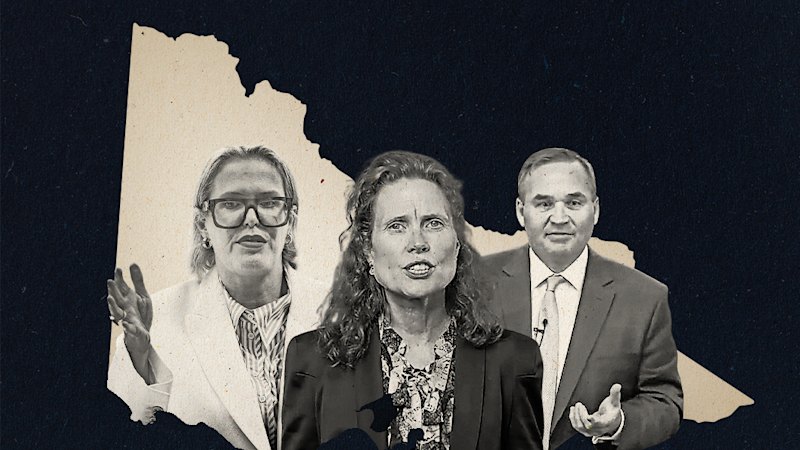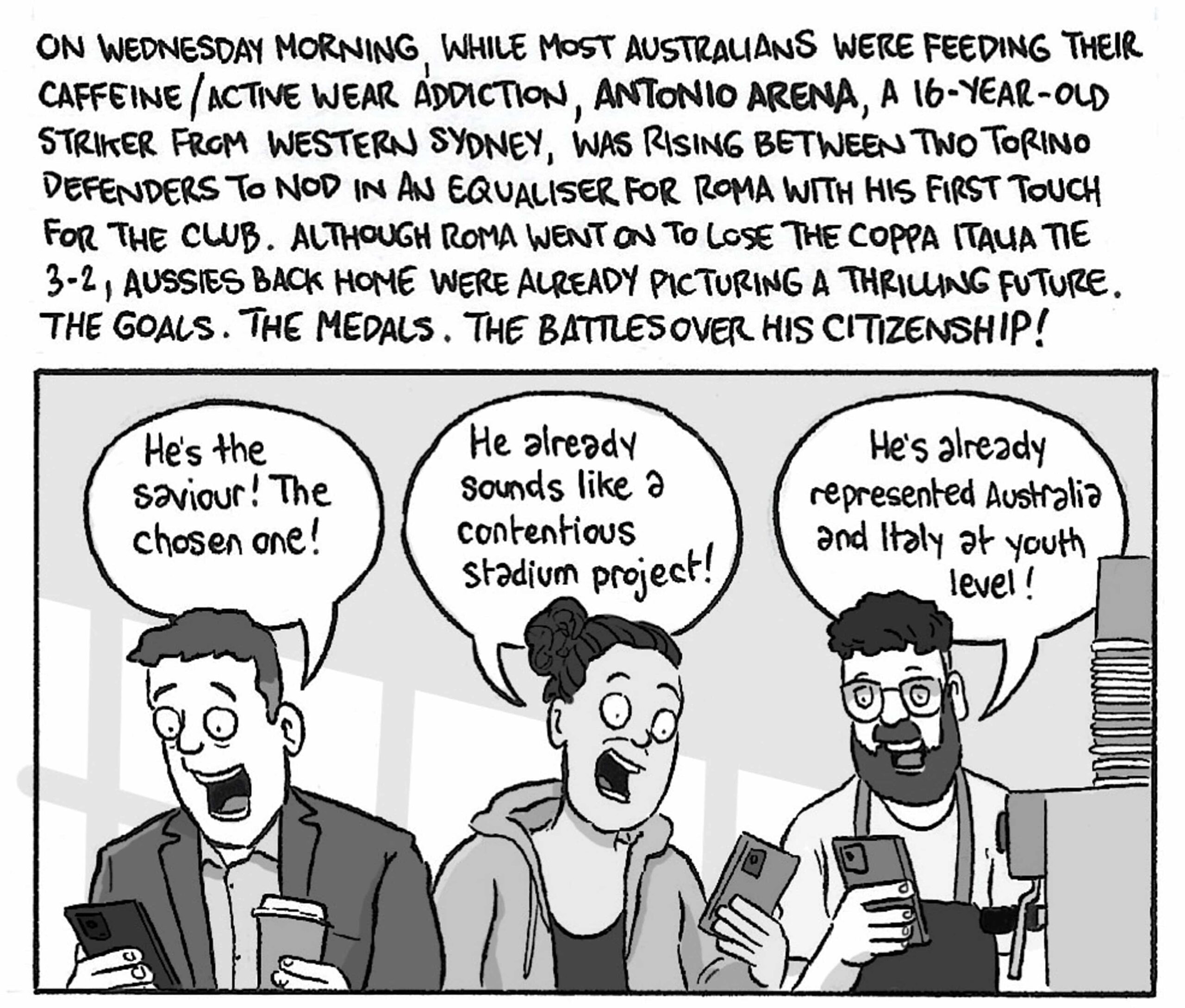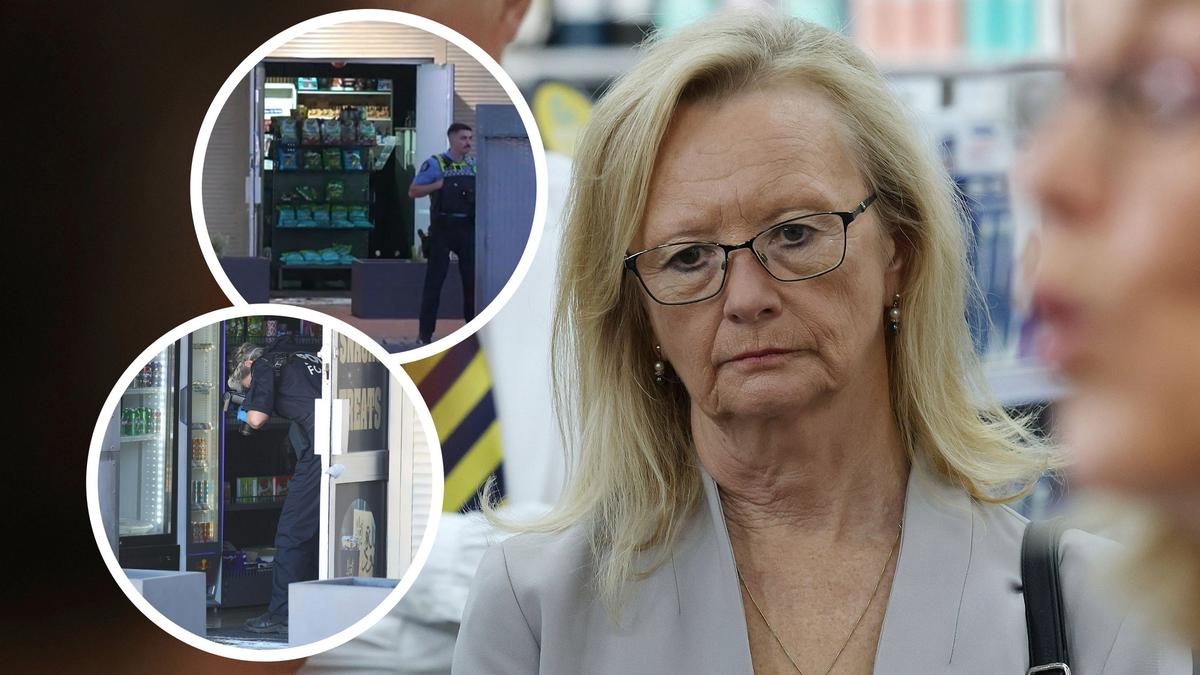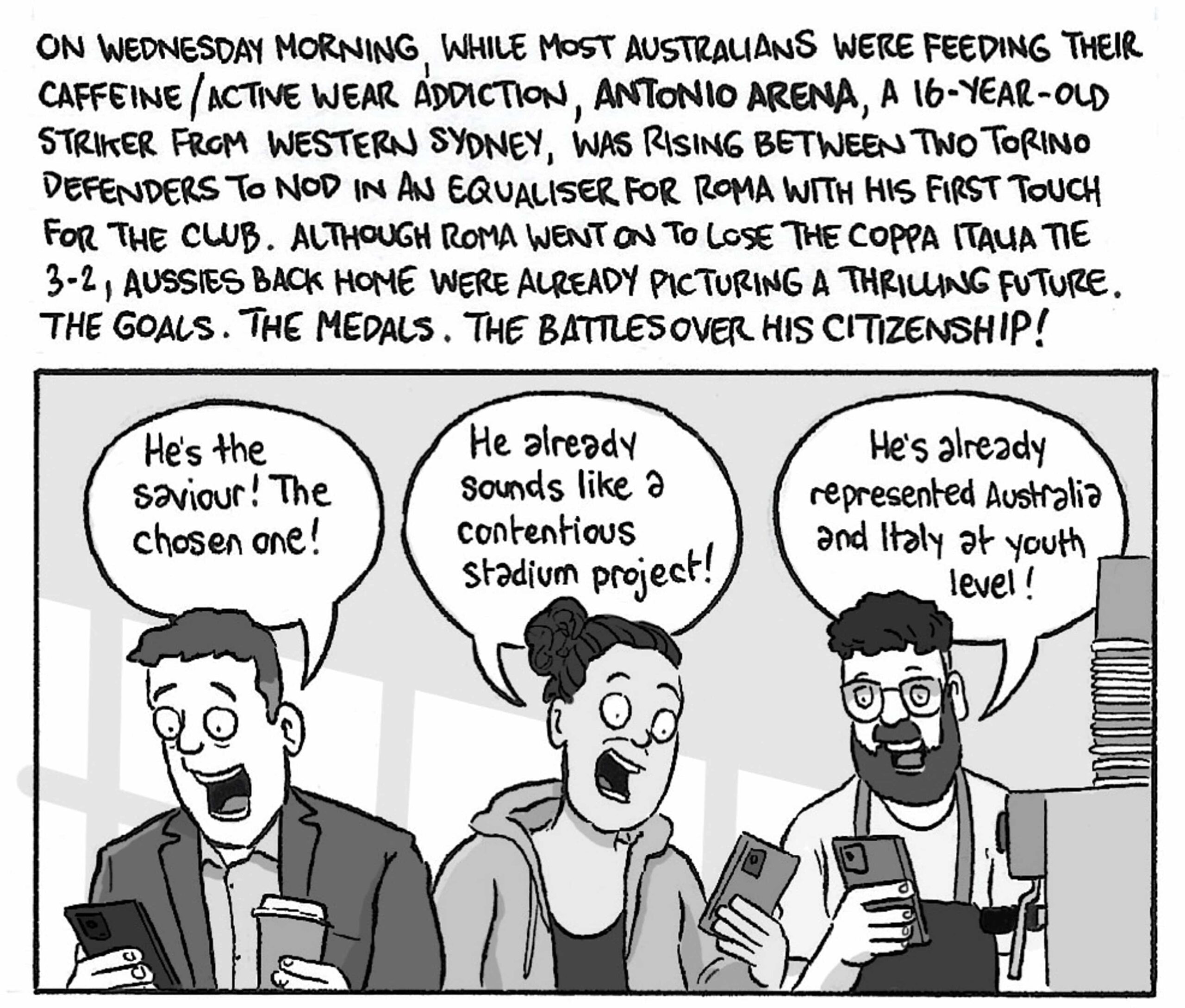
Victoria’s leading integrity agencies are advocating for a significant reform in how their funding is determined, calling for parliament to take over this responsibility from the government. This comes as recent data reveals that Victoria ranks as Australia’s least trusted state regarding its efforts to combat corruption.
In a rare joint statement, the Independent Broad-based Anti-Corruption Commission (IBAC), the Ombudsman, and the Auditor-General’s Office expressed concern over the lack of “commitment or substantive action” from the state government to shield their budgets from political influence. Victorian Ombudsman Marlo Baragwanath, IBAC Commissioner Victoria Elliott, and Auditor-General Andrew Greaves highlighted that since they raised the issue prior to the last election, there has been no progress.
The urgency of this topic will be underscored at a national anti-corruption conference in Melbourne, where key figures, including Baragwanath and IBAC Deputy Commissioner Stephen Farrow, will address the gathering. Professor AJ Brown, chair of Transparency International Australia, plans to present new findings indicating that public confidence in both the Victorian government and IBAC is lower than in other states.
“Victoria has the worst corruption challenge,” Brown stated. He emphasized that budget independence for integrity agencies is “absolutely fundamental” to restore public trust. The concerns extend beyond mere funding; they also involve the potential erosion of these agencies’ capabilities due to insufficient resources.
In October 2022, the three agencies published a joint report advocating for the establishment of an independent commission to determine their funding, a reform they termed “profoundly in the public interest.” Despite this, a departmental briefing to former Attorney-General Jaclyn Symes suggested that any action on this issue should be deferred to the incoming government, and a government source indicated that no formal consideration of the proposal had occurred.
Since the report’s release, funding for IBAC and the Ombudsman has stagnated, while the Victorian Auditor-General’s Office saw a modest increase of 15 percent. For context, IBAC’s budget for 2025-26 is set at $64.6 million, which pales in comparison to the $67.4 million allocated by the New South Wales government to its Independent Commission Against Corruption. Similarly, the current budget for the Victorian Ombudsman stands at $22.7 million, significantly less than the $58.5 million provided to the NSW Ombudsman for similar work.
In their joint statement, Elliott, Greaves, and Baragwanath reiterated their commitment to pursuing budget independence. “Discussions have been ongoing between our agencies and government. However, a commitment or substantive action by government in response has not yet been made,” they stated.
A government spokesperson countered that the integrity agencies have received “funding uplifts” and are exempt from certain savings measures affecting other departments. They added that recent changes to public sector financial management laws included provisions that support budget independence for these agencies.
Opposition spokesman for financial integrity David Davis criticized the government’s approach, arguing that inadequate funding has contributed to a rise in public sector corruption. “We have a real problem with integrity and, particularly, corruption across key areas of government procurement,” he said. His comments were underscored by a national survey revealing that only 19.5 percent of respondents in Victoria believe the state government is effectively combating corruption, in stark contrast to 31.8 percent in New South Wales and 33.2 percent in both South Australia and Western Australia.
Research also indicates that public confidence in IBAC is lower than in other anti-corruption bodies, including the National Anti-Corruption Commission, despite the latter facing intense scrutiny. Victorians are reportedly less aware of IBAC’s activities compared to awareness of anti-corruption bodies in other states. Unlike the New South Wales Independent Commission Against Corruption (ICAC), IBAC can only conduct public hearings under exceptional circumstances.
AJ Brown, the lead researcher on a project funded by the Australian Research Council, noted that budget independence remains a concern across all jurisdictions. He pointed out that Victoria, previously a model for addressing these issues, now lags behind New South Wales, where reforms have established a special integrity unit within the Department of Treasury.
The Integrity Oversight Committee in Victoria has a statutory obligation to review the budgets of integrity agencies, but this has been hindered by government instructions preventing the disclosure of budget bids. Greens MP Tim Read, chair of the committee, confirmed that this obstruction limits oversight of crucial budgetary processes.
Read advocated for further reforms, suggesting that funding for integrity agencies should be determined independently, similar to how MPs’ salaries are set. “Integrity agencies need the courage provided by independent funding,” he asserted.
As discussions continue, the impact of these developments on public confidence and the integrity of Victoria’s governance remains to be seen. The ongoing national conference may serve as a pivotal moment for advocating the necessary reforms to restore trust in Victoria’s integrity system.







